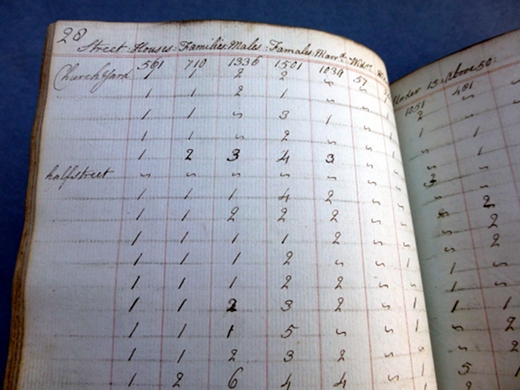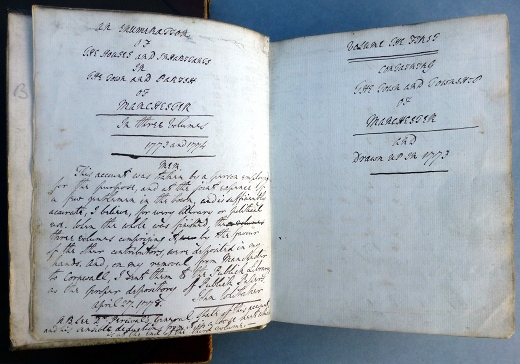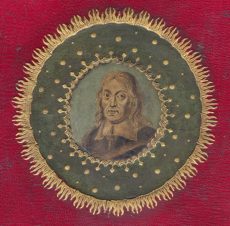- About
- Visiting
- What’s On
- Venue hire
- Catalogues
- Collections
- 101 Treasures of Chetham’s
- Digital Resources
- The Flowers of Histories
- A Book of Hours from France
- The Manchester Scrapbook
- Thomas Barritt of Manchester
- Art Treasures Examiner of 1857
- Manchester Association for Constitutional Order
- The North Western Museum of Science and Industry: Some Reminiscences by Richard Hills
- Criminal Manchester
- The Cup of Destiny
- Athenaeum Souvenir
- Middle English Manuscripts
- Manchester and Liverpool of Today
- Hollingworth’s Mancuniensis
- Memoir of Cecil Wray
- William Seward’s Diary
- The Anti-Monopolist
- Fishwick’s History of Rochdale
- Knyvett’s Defence of this Realm
- Tractatus de Nigromantia
- Axon Ballads
- Printed Books & Ephemera
- Archives & Manuscripts
- Prints and Photographs
- Blog
- Support us
Percival’s Census of Manchester
An enumeration of the houses and inhabitants in the town and parish of Manchester in three volumes 1773 and 1774

Thomas Percival’s census of the town and parish of Manchester may not have any special visual appeal, but this unassuming ledger represents an important development in the way that history was studied.
The eighteenth century gave birth to a new and developing interest amongst historians in the use of statistics. Scholars such as the medic Thomas Percival started to compile statistical information on the population of the town, and in 1773 Percival put forward a proposal for using population measurement as a means of studying public health.
In 1773-4 the first accurate census of the town and parish of Manchester was produced. Using sextons’ registers from Manchester Collegiate Church in which age and cause of death is recorded, Percival, together with the historian John Whitaker, carried out a series of demographic studies of the town. Whitaker’s introduction to the census, in his own hand, describes the enumeration as being ‘sufficiently accurate for every literary or political use’.
Percival’s conclusions may be summarised by the observation that living in Manchester was bad for one’s health, a conclusion he reached some time before the widespread changes of the Industrial Revolution led to the notorious slum housing so prevalent in the nineteenth century, and notably, one that is upheld by official censuses and health reports even today.
The work of Percival and his fellow early social scientists resulted in the creation in 1791 of the Manchester Literary and Philosophical Society, which pioneered studies into many aspects of life in the city. In 1833 the Manchester Statistical Society was formed, which developed this pattern of social investigation.



